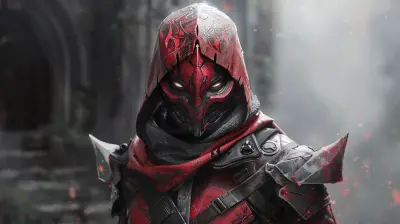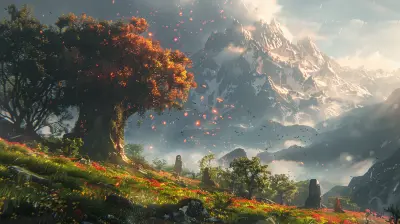What Happens When Games Go Through an Economic Crash
14 September 2025
Alright, picture this: you're deep into your favorite online game, maybe farming loot, trading gold, or running a virtual business. But suddenly, something feels off. Prices skyrocket or plummet, players quit in droves, and your hard-earned currency doesn't buy what it used to. Sounds familiar? Yep — that’s what happens when games go through an economic crash.
Now before you panic-sell all your in-game assets, let's walk through what actually happens when a game’s economy collapses. Because just like in the real world, digital economies can boom... and bust.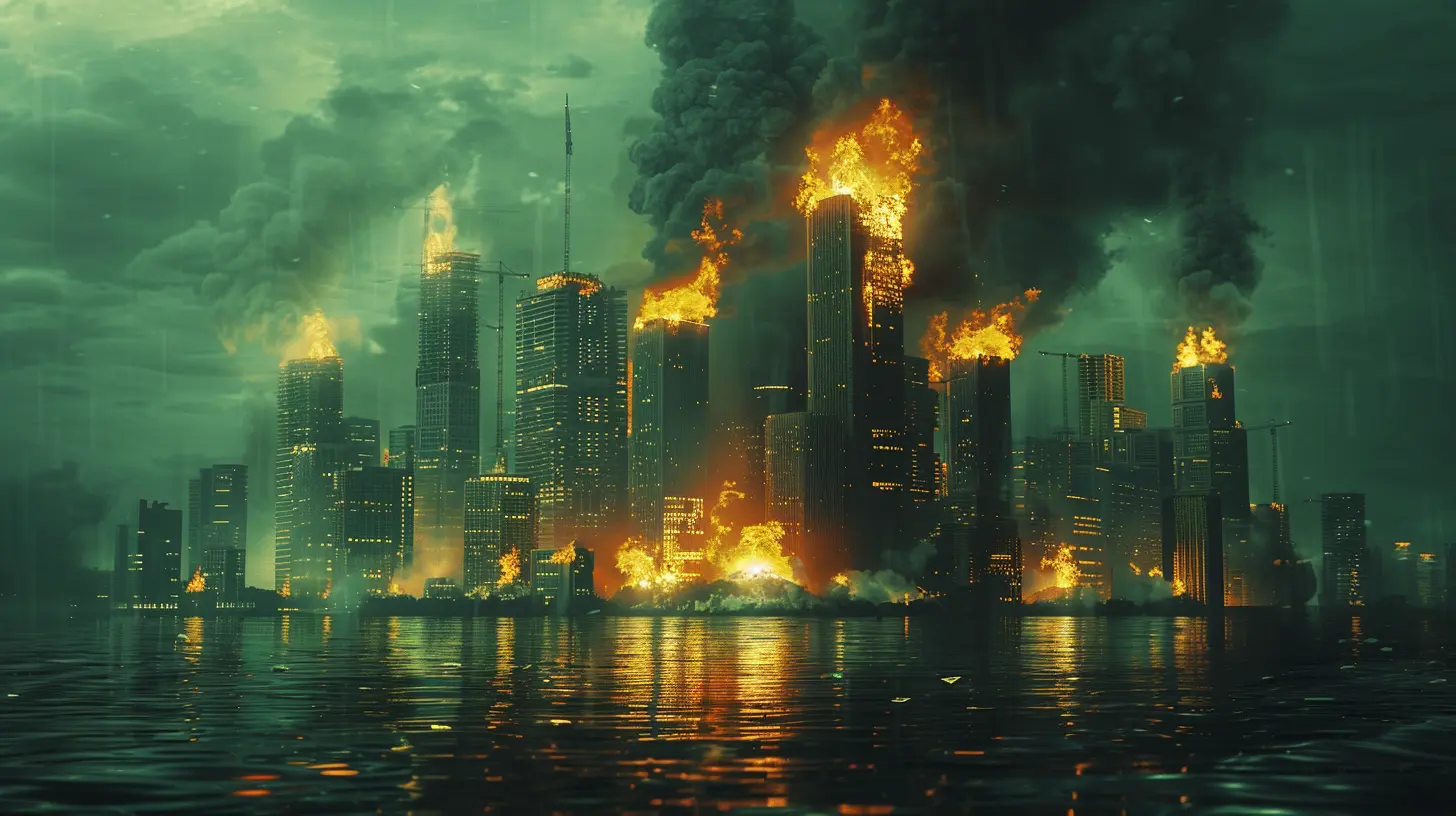
What’s a Game Economy, Anyway?
First things first — what's a game economy? In simple terms, it’s the system that controls how items, resources, and currencies are created, traded, and valued in a game.Whether it’s gold in World of Warcraft, bells in Animal Crossing, or skins in CS:GO, all these things have value. Players interact with them by earning, buying, selling, and hoarding.
So when something messes with that system? The whole thing can come crashing down like a house of cards.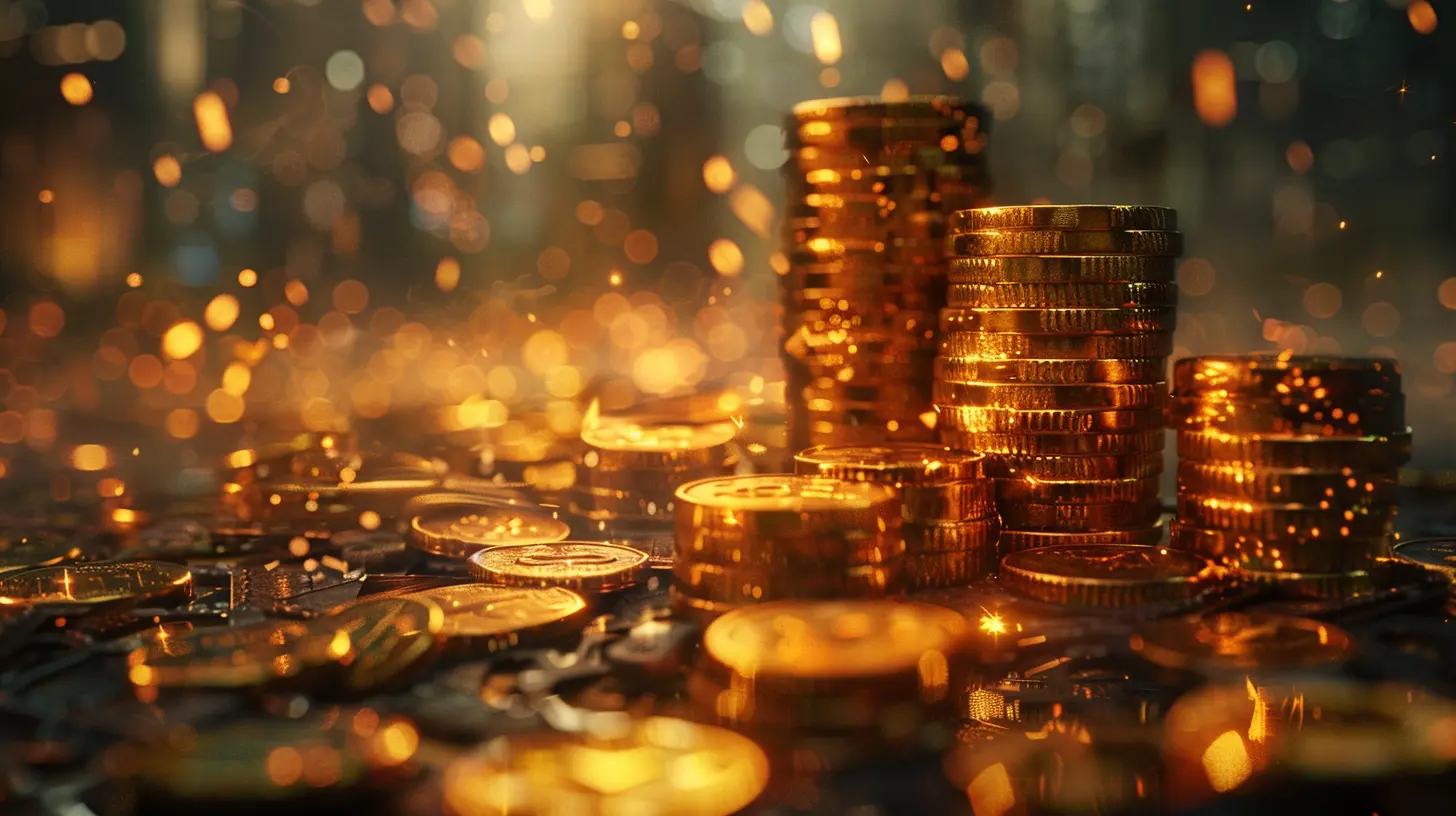
The Warning Signs of a Crash
An economic crash in a game doesn’t just happen overnight. There are warning signs — and if you've been gaming for a while, you've probably seen a few.Let’s break them down:
1. Hyperinflation Hits Hard
Ever seen a sword that once cost 500 gold now priced at 50,000? That’s inflation — and it can get out of hand fast when games don’t control how much currency gets generated. Too much money and not enough value = disaster.2. Duplication Glitches and Exploits
One of the fastest ways to tank a game economy is item or currency duplication. Cheaters figure out how to exploit bugs, flood the market, and suddenly everyone’s rolling in rare loot. Sounds fun, right? Until nothing feels special anymore.3. Botting and Farming Abuse
Automated bots can endlessly grind for loot or coin, throwing massive amounts of resources into the market. Now you’ve got supply overload, killing value and making legit players feel like they’re wasting their time.4. Sudden Player Exodus
When people leave a game in waves — maybe because of poor updates, bugs, or developer missteps — the economy takes a hit. Fewer buyers and sellers = a stagnant or crashing economy.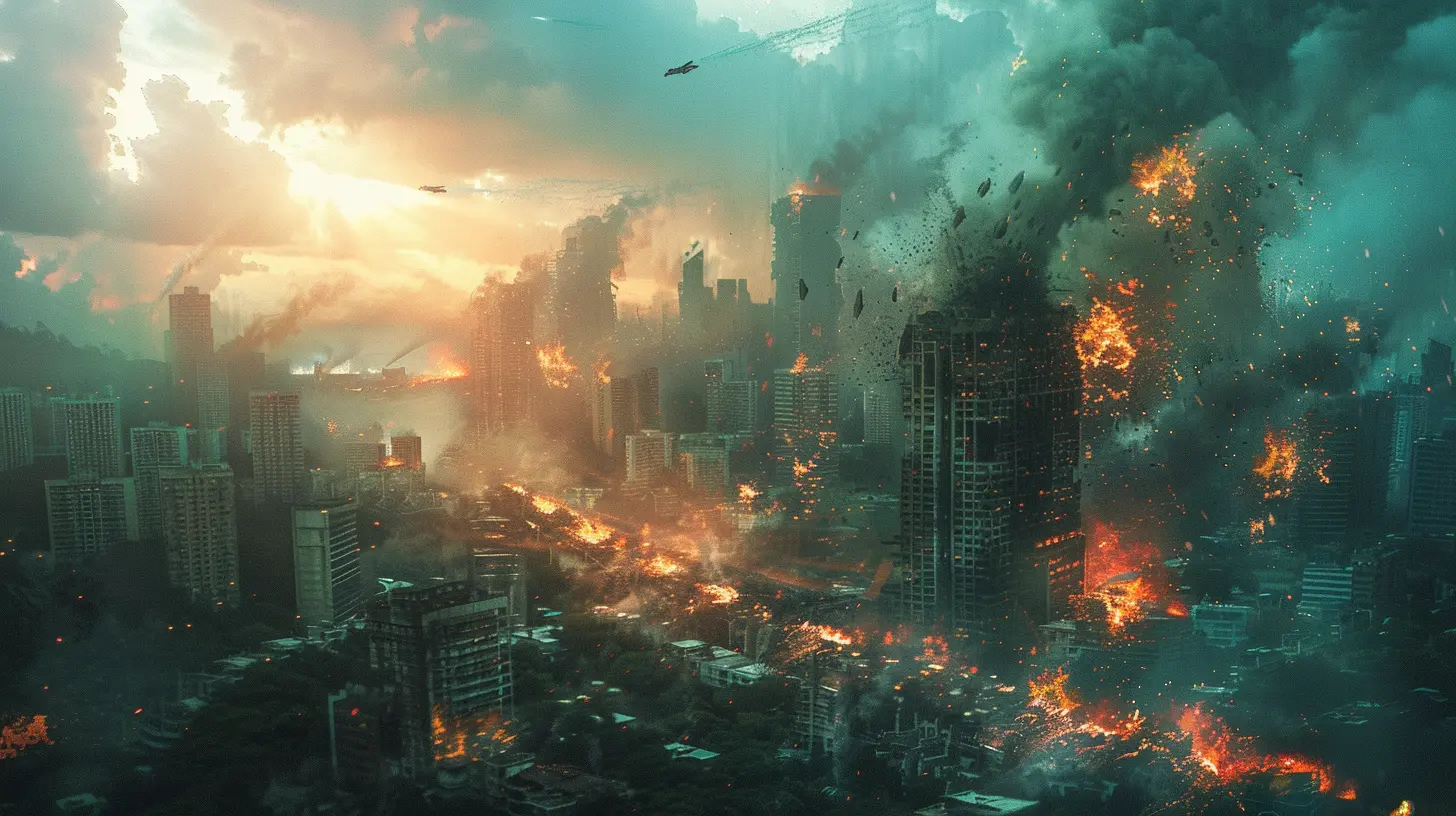
How Developers Try to Prevent a Meltdown
Game devs aren’t sitting ducks. They’ve got tools and strategies to fight off economic doomsday. But hey, it's not easy managing a virtual economy with millions of unpredictable players.1. Currency Sinks
To balance inflation, games introduce currency sinks — things like taxes, repair fees, or cosmetic upgrades. These remove excess money from the system and slow down inflation.2. Caps and Limits
Some games put caps on how much of an item can be produced or how often you can farm rewards. It’s a way to prevent floods in the market.3. Fixing Exploits Fast
When a duplication bug hits, devs have to act fast. Hotfixes, rollbacks, item wipes — anything to stop the spread. But if they act too slow? Boom, the damage gets real.4. Dynamic Pricing
Some MMOs and marketplaces use algorithms to adjust prices based on demand and supply. Think of it like a smart economy that tries to fix itself without needing constant babysitting.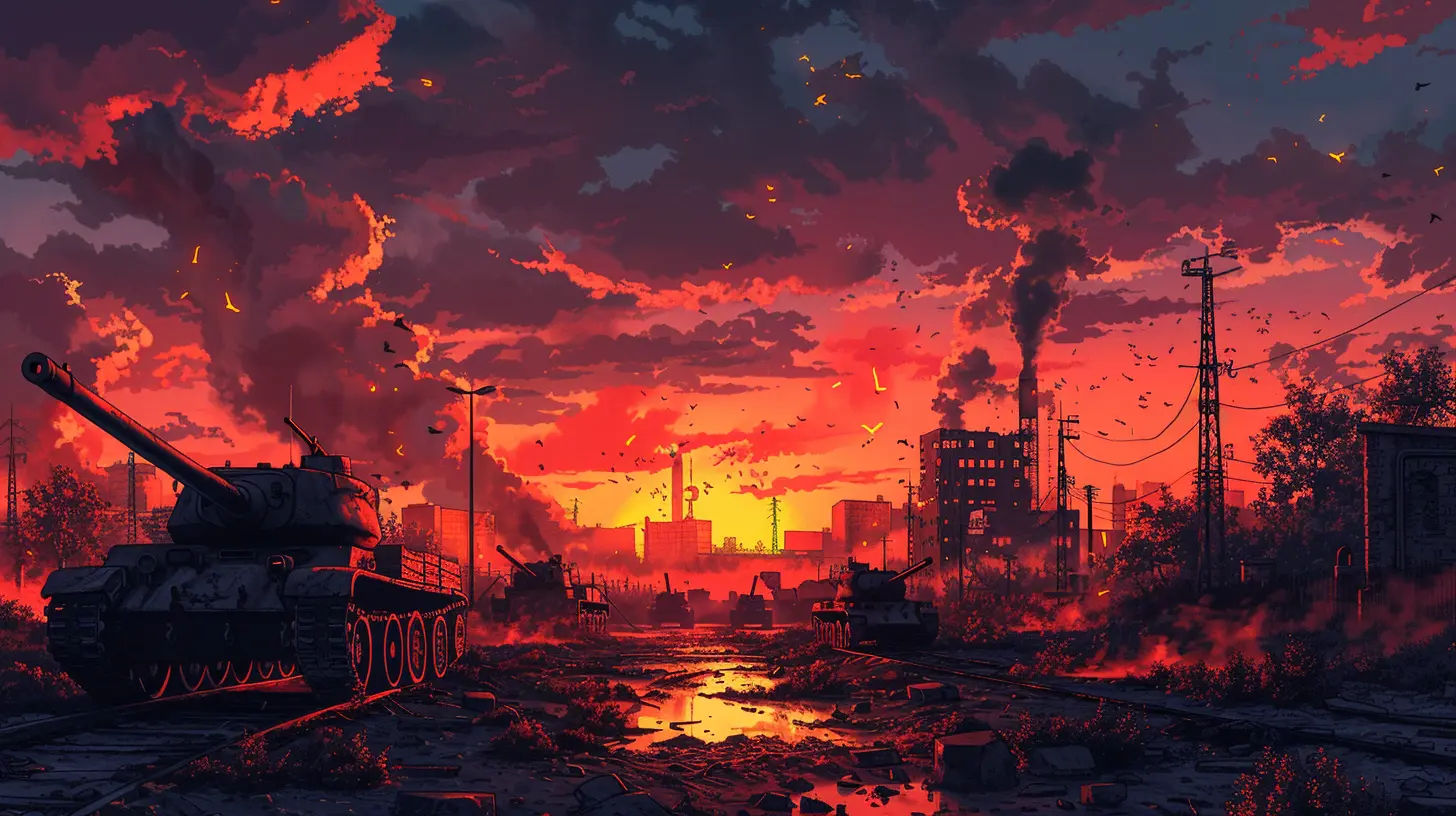
What Happens To Players?
Now let’s talk about you — the player. What’s it like riding out a game economy crash?1. Devalued Assets
Oof. All that time grinding to get rare stuff? Suddenly worth pennies. That sword you farmed for two weeks? The market's now flooded. Feels bad.2. Loss of Motivation
When the economy tanks, players often lose their sense of purpose. If the value of your time and effort disappears, so does the drive to keep playing.3. Shift in Player Behavior
Crashes bring out the worst in some. You’ll see more scammers, dupers, and shady trading. On the flip side, some community members rally together to rebuild the economy.4. Migration to Other Games
Let’s be real — if a game’s economy crashes hard and doesn’t recover? Players leave. They pack up their virtual bags and dip out to more stable games.Real-World Examples of In-Game Economic Crashes
Want some juicy case studies? Here are a few famous in-game economy disasters that still get talked about today.🧟 Diablo III’s Auction House Mayhem
Blizzard’s Diablo III had a real-money auction house. When players figured out how to flip items for profit and exploit drop rates, it tanked the in-game economy — and real-money value. It got so bad that Blizzard had to shut it down entirely.🛸 EVE Online’s Market War
EVE Online has one of the most complex player-driven economies ever. In 2016, an in-game war caused billions in losses and massive inflation. The virtual market took months to stabilize — all caused by player politics and resource manipulation.🐉 RuneScape's Duplicates Disaster
Back in the day, a duplication glitch in RuneScape caused a flood of rare party hats into the market — once ultra-valuable, now dirt cheap. Jagex had to step in and roll back tons of accounts to fix the chaos.Can a Game Recover from a Crash?
It depends. Some games bounce back stronger than ever, while others never recover. Here's what usually makes the difference:✅ Active & Transparent Devs
If the devs are upfront, communicate clearly, and show they’re fixing stuff, players are more likely to stick around.✅ Community Support
Good communities help each other. They rebuild trust, report bad actors, and regulate trading through social norms.✅ Economic Resets
In extreme cases, devs hit the reset button. Wipe currencies, kill off excess items, and start fresh. Risky move, but sometimes necessary.Why It Matters (Even If You're Not Trading Pixels)
You might think gaming economies aren't a big deal — just fake money and made-up gear, right? But hold up — these systems are mini-societies. They reflect real-world psychology, supply and demand, and even teach economic principles.Plus, with the rise of real-money trading and NFTs in some games, there are actual dollars on the line. A crash can mean real financial loss. Yikes.
Pro Tips: How to Protect Yourself in a Volatile Game Economy
If you're knee-deep into a game that has a player-run economy, here’s how to avoid being burned when things go south:- Diversify: Don’t put all your eggs in one digital basket. Stock up on different assets.
- Avoid Over-Hoarding: Holding onto too much currency? Inflation could wipe you out. Spend some, save some.
- Watch the Market: Pay attention to trends like a mini stock market. Sudden price spikes and dips can signal trouble.
- Stay Informed: Follow patch notes, dev announcements, and community threads. Makes a big difference.
- Report Exploits: Help the devs out — if you see duplication or botting, call it out. It helps protect everyone.
Final Thoughts
Game economies can be glorious when they're balanced and alive. But when they crash? It’s not just a numbers game — it can wreck player trust, break game balance, and even ruin entire communities.The good news? With smart design, active developers, and engaged communities, these crashes can be avoided — or at least, their impact lessened.
So next time you hear someone talk about in-game inflation, dupes, or bot farms, pay attention. The virtual stock market might be shifting under your feet.
And hey, who said economics couldn’t be fun?
all images in this post were generated using AI tools
Category:
In Game EconomyAuthor:

Jack McKinstry
Discussion
rate this article
1 comments
Jonah Valentine
In the face of an economic crash, the gaming industry can emerge stronger than ever. Innovation flourishes in adversity, giving rise to unique experiences and fresh perspectives. Let’s rally together, adapt, and harness our creativity to redefine what gaming can be. The future is bright!
September 22, 2025 at 2:55 PM

Jack McKinstry
Absolutely! Economic challenges often drive creativity and innovation, leading to exciting new developments in gaming. Together, we can shape a resilient and dynamic future for the industry.

